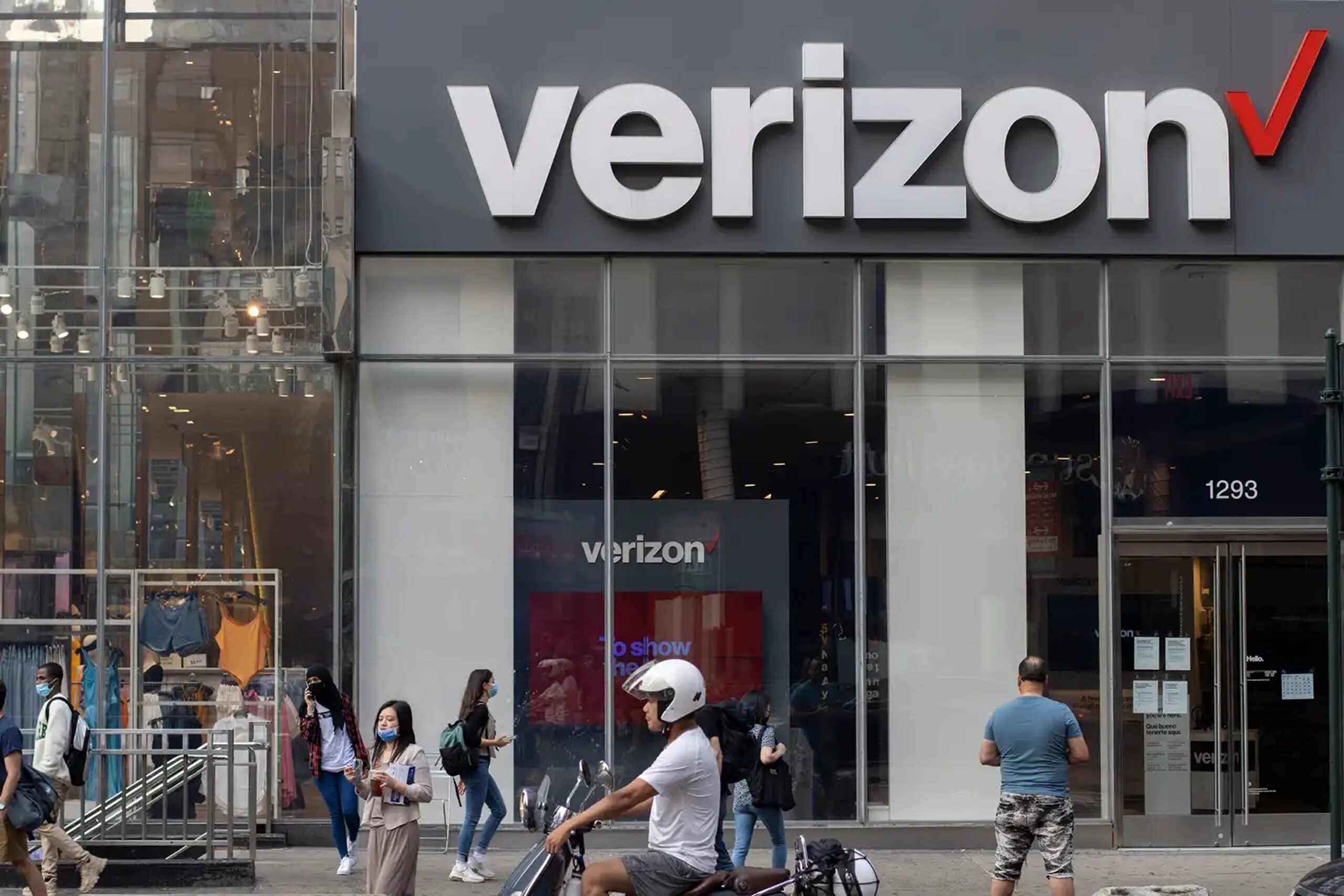Verizon, the telecommunications giant, outperformed expectations this quarter by losing fewer wireless subscribers and surpassing profit forecasts, bolstered by its flexible service offerings and partnerships with popular streaming platforms.
Despite the traditionally slow season following the holidays, Verizon reported a decrease of only 68,000 monthly bill-paying wireless phone subscribers from January through March.
This figure favorably contrasts with the anticipated loss of 100,000 subscribers and is an improvement over the 127,000 subscribers lost in the same quarter the previous year, as per FactSet data.
The company attributes much of its recent success to the popularity of its premium, customizable myPlan option, introduced last month, which allows customers to tailor their plans more closely to their needs.
This strategy has resonated well with consumers, providing a competitive edge in the crowded market.
Further enhancing its appeal, Verizon has forged partnerships with streaming giants.
A notable promotion launched last Thursday offers new and existing customers on select plans six months of free access to Disney’s streaming services.
This follows a December initiative where Verizon began offering discounted subscriptions to Netflix and Warner Bros Discovery’s Max with certain myPlan bundles.
These strategic moves have contributed to Verizon’s consumer business witnessing its strongest first-quarter performance since 2018.
The company reported 158,000 wireless retail postpaid phone net losses, an improvement from the 263,000 losses reported a year earlier.
However, despite these positive results, Verizon’s shares dipped 3.3% in early trading. Analysts like Craig Moffett from MoffettNathanson pointed to inherent growth challenges within the wireless industry.
Moffett remarked, “MyPlan helped them stem share losses, but it’s squeezing a balloon… it’s hard to construct a case where Verizon can grow longer term. Wireless is a zero-sum game.”
Financially, Verizon posted a revenue of $33 billion for the quarter, slightly below the $33.24 billion estimated by LSEG.
This shortfall comes as customers increasingly opt to keep their phones longer amidst economic uncertainty and a perceived lack of significant new phone features, as noted by industry analysts.
Despite these market challenges, Verizon reported a higher-than-expected profit of $1.15 per share, excluding certain items, surpassing the LSEG forecast of $1.12 per share.
This indicates a resilient performance in a competitive and evolving market landscape.


